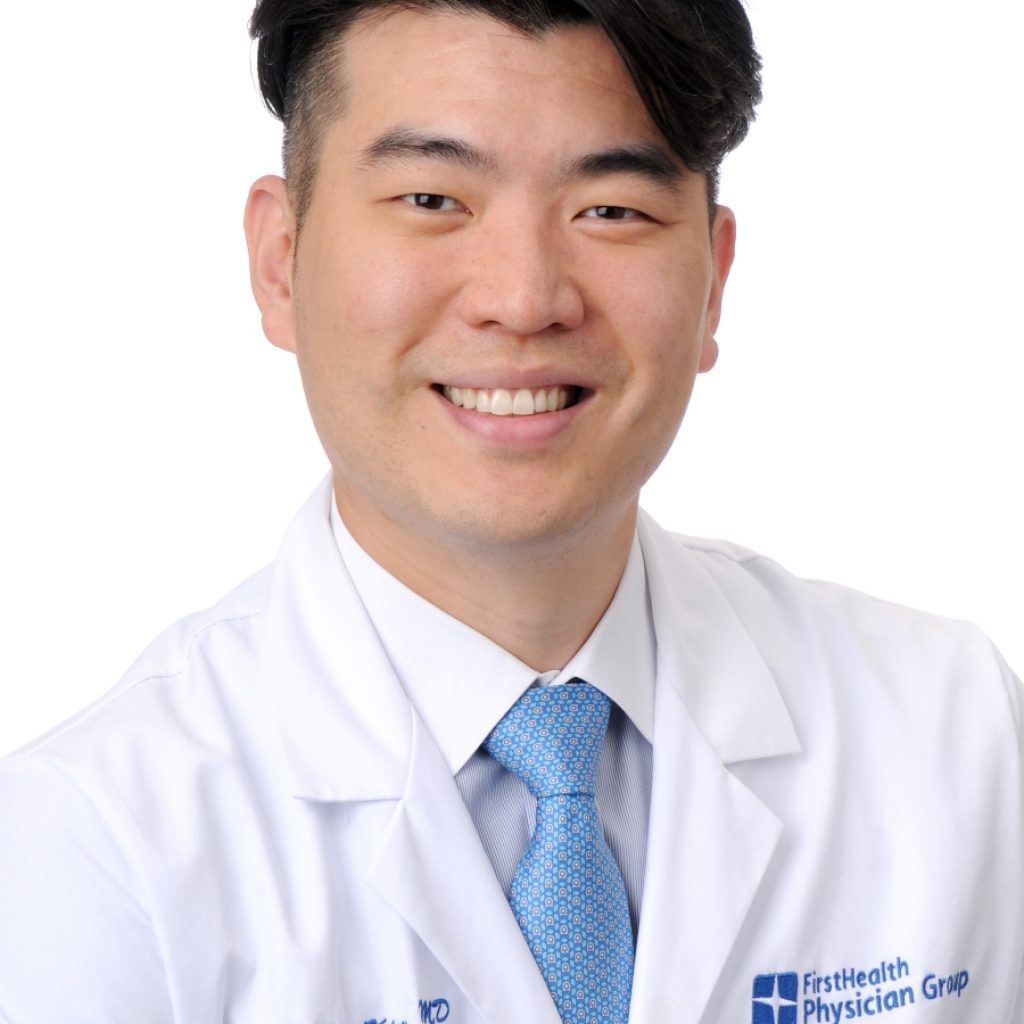
PINEHURST — People in the Sandhills who have non-valvular atrial fibrillation now have an alternative treatment to blood-thinning medications to prevent a stroke. The minimally invasive WATCHMAN procedure is now available at FirstHealth of the Carolinas.
“We strive to provide a wide range of clinically proven therapeutic options that allow for the safest and best heart care for our community,” said FirstHealth interventional and structural cardiologist Sun Moon Kim, M.D. “Our ability to offer WATCHMAN is a result of collaborative efforts between FirstHealth, Pinehurst Medical Clinic and our electrophysiology team. This procedure adds to the many innovative treatments we provide that allow Sandhills residents to get state-of-the-art cardiac care close to home.”
AFib, an irregular heart rhythm, is a common condition affecting at least 3 to 6 million Americans. When the heart beats irregularly, this can lead to abnormal blood flow and pooling in the heart. The most concerning complication of AFib is the formation of a blood clot that could lead to a stroke.
A common treatment for AFib to prevent clots is a blood-thinning medication that allows the blood to flow more freely. “Although blood thinners are generally safe, each patient is different,” said Kim. “Some people are unable to tolerate blood thinners for various reasons such as known bleeding complications, drug side effects, drug cost or even occupational hazards that could cause injury and excessive bleeding.”
AFib can be caused by heart valve problems or non-valvular factors such as exposure to heart stimulants (alcohol or tobacco), sleep apnea, high blood pressure, lung problems, hyperthyroidism or stress from severe illness such as pneumonia.
“For patients with non-valvular AFib, the WATCHMAN procedure allows for a safe and effective alternative to blood thinners,” Kim said. Clots can form in a pocket in the heart called the left atrial appendage. The WATCHMAN device permanently closes off this pocket to prevent clots from forming there. Without clots in this part of the heart, the risk of stroke is less.
“The procedure to implant the WATCHMAN device does not require open-heart surgery and takes about an hour,” Kim said. He explained that he inserts a catheter into the upper leg (groin area) and guides the WATCHMAN device through a blood vessel to the left atrial appendage. Once in the appendage, the WATCHMAN expands to the size of a quarter and blocks off the appendage. Most patients stay in the hospital overnight and resume work and normal activities within a few days.
Eventually, the heart’s tissue grows over the device to form a seal against clots, eliminating the need for long-term blood thinners. “This procedure should not replace blood thinners in otherwise healthy patients,” Kim said. “However, in those who are poor candidates for blood thinners, it is a safe and effective alternative to decrease the risk of strokes associated with AFib.”
FirstHealth offers advanced heart and vascular care at Reid Heart Center in Pinehurst and seven cardiology clinics throughout the Sandhills. For more information, visit www.firsthealth.org/watchman or call 910-715-1868.



